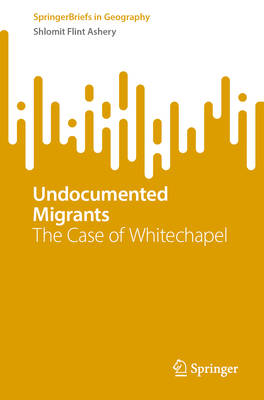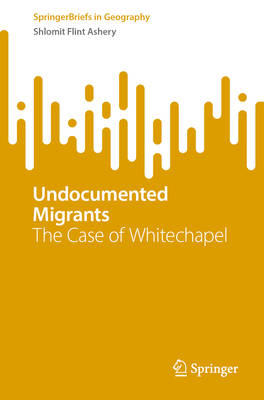
Bedankt voor het vertrouwen het afgelopen jaar! Om jou te bedanken bieden we GRATIS verzending (in België) aan op alles gedurende de hele maand januari.
- Afhalen na 1 uur in een winkel met voorraad
- Gratis thuislevering in België
- Ruim aanbod met 7 miljoen producten
Bedankt voor het vertrouwen het afgelopen jaar! Om jou te bedanken bieden we GRATIS verzending (in België) aan op alles gedurende de hele maand januari.
- Afhalen na 1 uur in een winkel met voorraad
- Gratis thuislevering in België
- Ruim aanbod met 7 miljoen producten
Zoeken
€ 42,45
+ 84 punten
Omschrijving
This research aims to uncover new insights into minority housing strategies and their impact on densely populated urban areas. The study assumes that as space becomes scarce, inter and intra groups interactions in the urban space motivate people to maximize the utility of the resources at their disposal. This 'stretch' of the built environment provides them with critical selective advantages and a sense of security and belonging.
Based on two neighbourhoods in London, it contributes to our understanding of housing decisions in the context of illegality and shows the capacity of a given urban form for adaptation: It creates a new semi-private/public space, partly segregated yet deeply integrated; a sphere that, on the one hand, enables traditional 'nested' places and, on the other, a fertile environment for integration. This manuscript contributes two new ideas to the knowledge base of residential selections and the geography of opportunities. The first is a detailed analysis of a hyper-segregation/integration pattern resulting from complementary residential strategies operating at the individual unit level. The second is multidimensional stretching, a bottom-up initiation that allows individuals to maximize resources through territorial and spatial practices.
Based on two neighbourhoods in London, it contributes to our understanding of housing decisions in the context of illegality and shows the capacity of a given urban form for adaptation: It creates a new semi-private/public space, partly segregated yet deeply integrated; a sphere that, on the one hand, enables traditional 'nested' places and, on the other, a fertile environment for integration. This manuscript contributes two new ideas to the knowledge base of residential selections and the geography of opportunities. The first is a detailed analysis of a hyper-segregation/integration pattern resulting from complementary residential strategies operating at the individual unit level. The second is multidimensional stretching, a bottom-up initiation that allows individuals to maximize resources through territorial and spatial practices.
Specificaties
Betrokkenen
- Auteur(s):
- Uitgeverij:
Inhoud
- Aantal bladzijden:
- 109
- Taal:
- Engels
- Reeks:
Eigenschappen
- Productcode (EAN):
- 9783031354823
- Verschijningsdatum:
- 11/09/2023
- Uitvoering:
- Paperback
- Formaat:
- Trade paperback (VS)
- Afmetingen:
- 154 mm x 234 mm
- Gewicht:
- 226 g

Alleen bij Standaard Boekhandel
+ 84 punten op je klantenkaart van Standaard Boekhandel
Beoordelingen
We publiceren alleen reviews die voldoen aan de voorwaarden voor reviews. Bekijk onze voorwaarden voor reviews.












